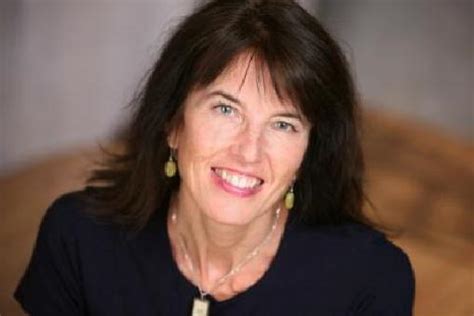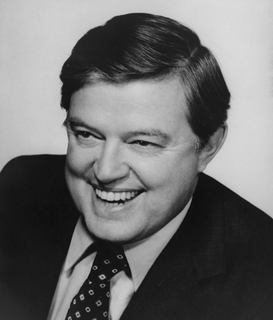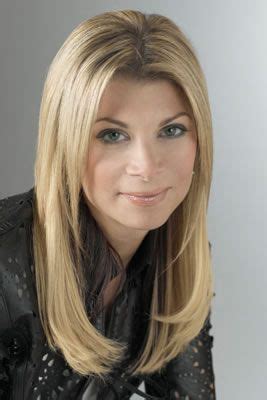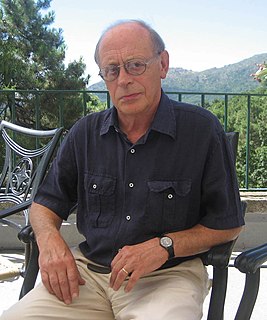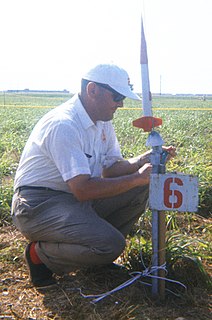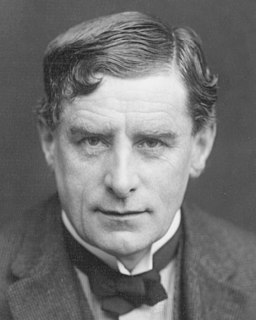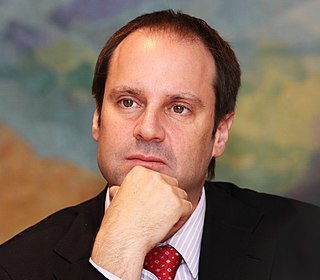A Quote by Stephen Kinzer
The Tigris and Euphrates Rivers created the 'Fertile Crescent' where some of the first civilizations emerged. Today they are immensely important resources, politically as well as geographically.
Related Quotes
Rivers are inherently interesting. They mold landscapes, create fertile deltas, provide trade routes, a source for food and water; a place to wash and play; civilizations emerged next to rivers in China, India, Europe, Africa and the Middle East. They sustain life and bring death and destruction. They are ferocious at times; gentle at times. They are placid and mean. They trigger conflict and delineate boundaries. Rivers are the stuff of metaphor and fable, painting and poetry. Rivers unite and divide - a thread that runs from source to exhausted release.
I've known rivers: I've known rivers ancient as the world and older than the flow of human blood in human veins. My soul has grown deep like the rivers. I bathed in the Euphrates when dawns were young. I built my hut near the Congo and it lulled me to sleep. I looked upon the Nile and raised the pyramids above it. I heard the singing of the Mississippi when Abe Lincoln went down to New Orleans, and I've seen its muddy bosom turn all golden in the sunset. I've known rivers: Ancient, dusky rivers. My soul has grown deep like the rivers.
The affluent society has built well in terms of economic progress, but has neglected the protection of the very water we drink as well as the values of fish and wildlife, scenic, and outdoor recreation resources. Although often measureless in commercial terms, these values must be preserved by a program that will guarantee America some semblance of her great heritage of beautiful rivers.
That was in Crescent City, California, up near the Oregon border. I left soon after. But today I was thinking of that place, of Crescent City, and of how I was trying out a new life there with my wife, and how, in the barber's chair that morning, I had made up my mind to go. I was thinking today about the calm I felt when I closed my eyes and let the barber's fingers move through my hair, the sweetness of those fingers, the hair already starting to grow.
Marriage emerged some forty-five hundred years ago and evolved into a widespread and accepted institution that bonded families, maintained order, and created wealth. Unlike today, where many of us are searching for our romantic "soul mate," marriage was originally more about economics than deep emotion.
The mountains are fountains of men as well as of rivers, of glaciers, of fertile soil. The great poets, philosophers, prophets, able men whose thoughts and deeds have moved the world, have come down from the mountains - mountain dwellers who have grown strong there with the forest trees in Nature's workshops.


